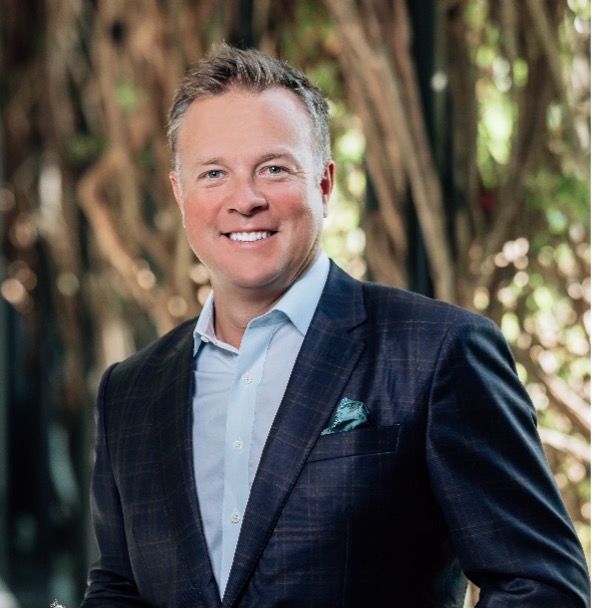How to Be a Boss that Grows People and the Business
By Mack Perry, Executive Vice President, Employee Benefits for HUB International
“People don’t quit jobs. They quit bosses.” There’s a lot of truth to that saying.
The Great Resignation of 2021 and 2022 was followed by Quiet Quitting, where employees do the absolute minimum to get by on a job. Great or quiet, both are a problem for growing companies, and a lack of effective leadership is the root cause.
One study found that 57% of unhappy employees quit their jobs because of their bosses. But ineffective leadership exacts a price far beyond recruitment and retention issues. It also causes employees to be disengaged, and that lowers productivity. The cost, according to Gallup? Between $450 billion and $550 billion.
Effective leaders are critical influences over the kind of cultures that mark the best companies – those that people want to work for and stay with – over the long haul. But what makes an effective leader, and can the qualities be coached?
Foundational behaviors that matter
Certain foundational behaviors mark an effective leader. It’s not so much the ability to bring incredible financial acumen to the party or having a keen understanding of the marketplace. What’s more critical is to care for all the organization’s stakeholders, peers, direct and indirect reports more authentically and personally. Think empathy.
That doesn’t really require bosses to ask about kids’ birthday parties or workers’ vacation plans, although there’s nothing wrong with well-meaning and unforced interest. It’s more about growing the ability to build trust in interpersonal dealings because of an attitude that mixes candor with caring. It’s about holding people accountable (and, in turn, being held accountable) on job actions and performance, without discussions becoming a game of what-about. In an environment of accountability and caring, it requires caring enough about people to tell them positively how to improve without attacking them personally in the process.
How to grow, change behaviors
To become that kind of leader really takes becoming attuned to one’s identity now and the identity aspired to – and identifying what behaviors need to change to get there. Coaching can be quite valuable in getting there, as long as it’s designed to address the behaviors leaders need to improve to be more effective and set the right tone organization-wide.
It’s important to understand that this means real coaching, not just advice, or mentoring or consulting. It takes guidance on ways to get past the inhibitors to change that hold people back.
Fostering an authentic leadership style doesn’t take a coach laying out a list of proposed behavior changes. It takes asking: “What is the highest potential you might have as a leader…and what behaviors are keeping you from achieving that?”
This type of coaching is not easy, and it gets only harder as managers rise up the ranks. But businesses that understand the impact and stay the course will create highly engaged employees, and experience lower turnover and raised productivity. Further, the organization will be populated by people well-aligned to the business strategy and culture.
How do leaders understand whether they’re hitting the effectiveness mark? Radical candor can work. Just ask: “What am I getting wrong?” “How could I be a better leader?” It can be hard, but businesses whose leaders are willing to ask these questions are likely to be experiencing 30% organic growth rates, because their people, top to bottom, will mirror their behaviors.
Ultimately, what’s worth keeping in mind is that a mission, vision and value statement is not just something stenciled on the wall outside the executive suite. It all aligns to real behaviors and skills modeled by managers and how everyone in the organization should successfully navigate their work environment.

Mack Perry is the Executive Vice President and Chief Sales Officer of Employee Benefits, HUB Florida. Mack oversees the strategic planning, organizational design, resource investment and alignment for the HUB Florida EB team. He is a highly accomplished health care executive with over 20 years of experience in leadership positions at Cigna Group and Humana. His areas of focus have been new business acquisition strategy and execution, underwriting/risk mitigation, account management, provider/network configuration, pharmacy benefit management partnerships, and product development throughout the spectrum of funding arrangements.
Mack is active in the local charitable community. He is Chairman-elect of Take Stock in Children of Palm Beach County, an area non-profit focused on providing opportunities for at-risk underprivileged high school students to achieve their goal of pursuing post-secondary education through mentorship, college readiness, and college scholarship. Both he and his wife, Carrie, are mentors in the program. Mack earned his Bachelor of Arts in Economics from Florida State University